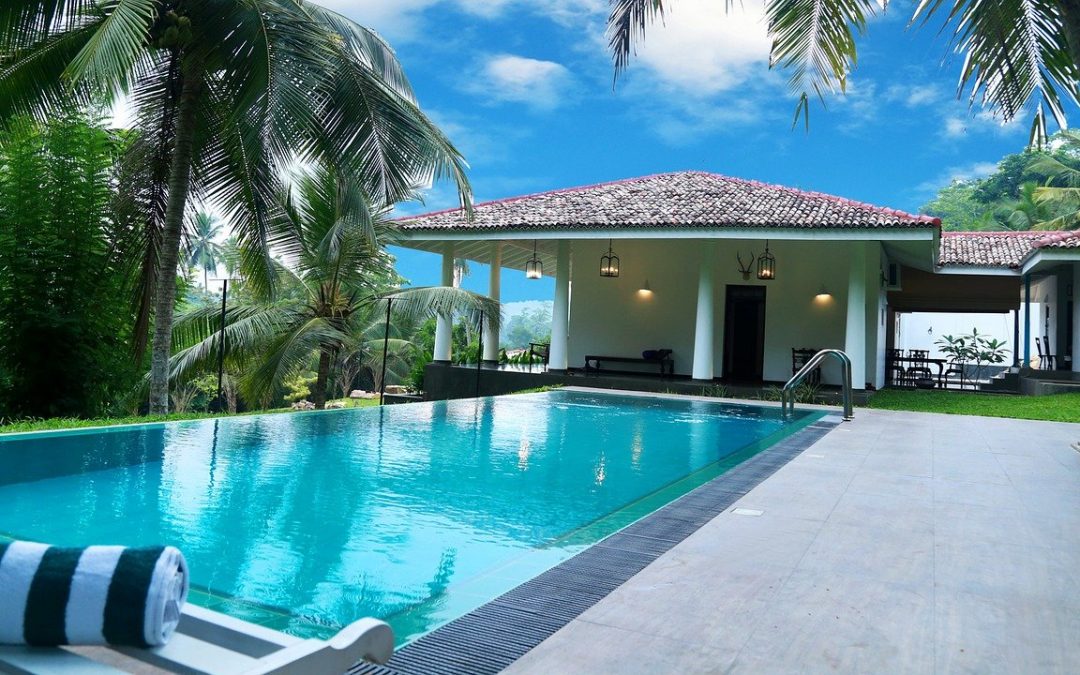Low pool pump pressure is frustrating. Having to stop your fun in the sun day isn’t appealing, especially when it comes from problems in the pump. Several things could be going wrong. So, what are the most common reasons for a pool pump pressure drop?
Low pool pump pressure typically means there is some blockage. This happens when something large gets into the filter. Check your pool pump to see if you notice any necessary cleaning.
While a clog is the most common reason, it may be coming from somewhere else. Below, we will go through other common issues.
Reason One: Suction Leak
Pool pumps work through a vacuum system that sucks water through its system. This pump works as a continuous method to clean the water, forcing it through filters.
Without that vacuum, your pump cannot function. Therefore, if it isn’t dirty, there might be a hole in the system.
Look around the pool pump to see if there is any noticeable damage. Look for dents in the housing or anything that doesn’t appear right. If you have the experience, you can patch it. However, it is typically best that you contact professionals for pump repair.
Reason Two: Low Water Level
Swimming pool pumps are rated for the water capacity in your pool. If there isn’t enough water in your pool, the pump will not work. Make sure that your swimming pool pump is set to the suggested water level.
Never run your pump when the water is low. Running a pump dry is a great way to damage your pump permanently. Always make sure there is water in the pool. If you can, put a bit of water in the pump to ensure that there is no chance of a dry run.
Thankfully, the testing solution for this is to fill the pool up with more water. You might also need to double-check if your pool pump is adequately rated for the amount of water in your pool.
Reason Three: A Broken Pressure Gauge
In some cases, the wiring or connections on your pool pump can become worn or loose. This is more common as your pool gets older. So if your pool seems like it’s running right, but the pressure gauge displaying an error, that’s an excellent place to start.
First, check the wiring leading from the pressure gauge to start. If they are exposed, bent awkwardly, or broken, replace those wires. Otherwise, check the other tubing and sensors related to the pressure gauge.
Checking all things running to and from the gauge is your first stop. If it’s a sensor, that means things could be a bit tricker.
Final Thoughts
Regular cleaning of filters and your pool will be a great preventative measure from running into this issue. Typically, most problems come from something unfortunate being stuck where it shouldn’t be.
If you need help to locate your pool pressure issue, LN Electric handles the repair of any electric motor and pump.

